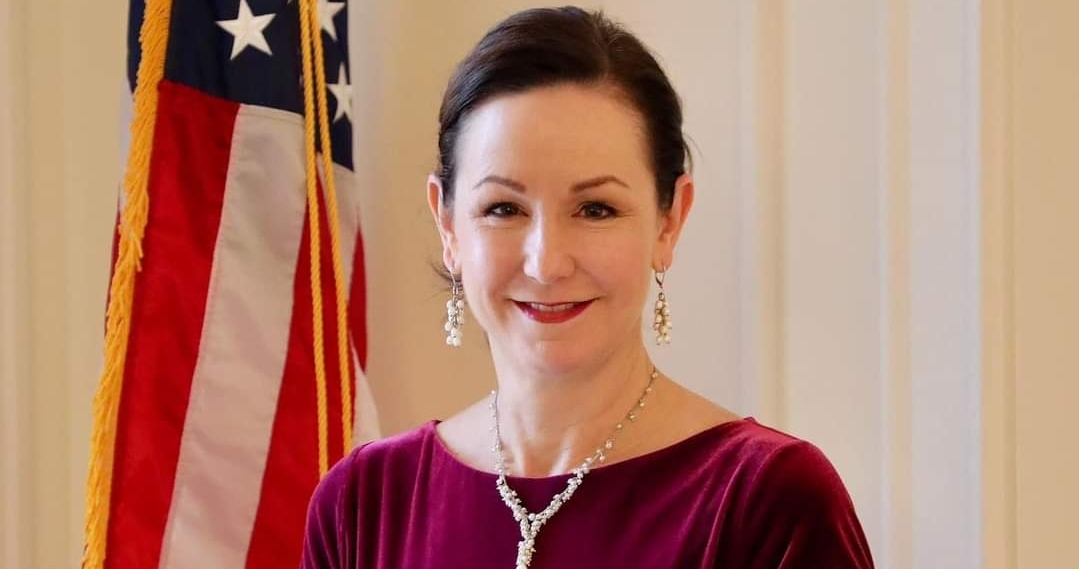By Costa Nkomo
The United States has pledged to increase its investment in Zimbabwe’s struggling public health sector, which continues to face numerous challenges.
As the Southern African country’s healthcare services deteriorate, the government in Harare is facing growing criticism over its misplaced priorities.
Speaking at the 248th U.S. Independence Day celebration, newly appointed U.S. Ambassador Pamela Tremont reaffirmed the United States’ commitment to strengthening Zimbabwe’s healthcare system.
“Each year, we invest a minimum of $200 million to fight HIV and other infectious diseases,” she said.
“Our largest investment in Zimbabwe’s future is in health because we believe Zimbabwe needs all its people to thrive,” Tremont added. “Every year, we contribute over $200 million to identify and treat HIV and other infectious diseases, aiming for a healthier, more prosperous future for millions of Zimbabweans.”
Ambassador Tremont also highlighted the success of collaborative efforts, noting a 40% reduction in malaria cases in Zimbabwe over the last decade.
“Thanks to our combined efforts, 1.2 million HIV-positive mothers, fathers, and children can now enjoy normal life expectancies due to the medications we provide and Zimbabweans administer. Together, we brought cholera under control and continue working to protect people from Mpox,” she said.
Since 1980, the United States has provided more than $5 billion in health, development, and humanitarian aid to Zimbabwe, solidifying its role as the country’s largest bilateral supporter.
However, these commitments contrast sharply with the grim realities on the ground.
Zimbabwe’s public healthcare facilities are often described as “death traps,” frequently lacking even basic medical treatments.
Healthcare workers, frustrated with poor pay, have resorted to go-slow strikes as their salaries are eroded by the rapid devaluation of the Zimbabwe Gold (ZiG) currency, introduced only five months ago.
Compounding the healthcare crisis, Zimbabwe has consistently failed to meet the Abuja Declaration’s goal of allocating at least 15% of its national budget to health, while losing approximately $2 billion annually to corruption and illicit trade.
In a move that has sparked further controversy, the government recently spent millions on efforts to improve Harare’s image ahead of the 44th Ordinary SADC Summit, where President Emmerson Mnangagwa assumed the chairmanship.
Lavish villas were constructed to host VVIP guests, though many were incomplete, resulting in some guests arriving and departing on the same day.

